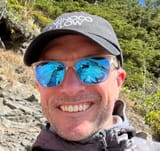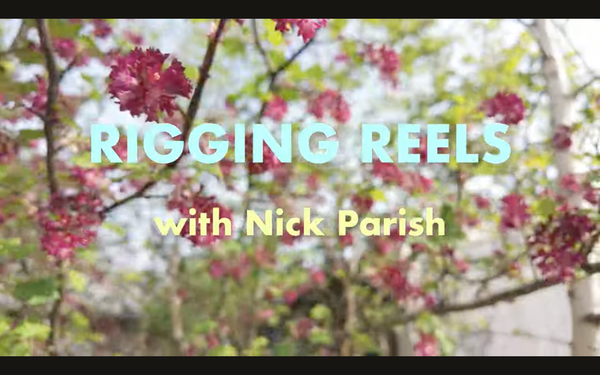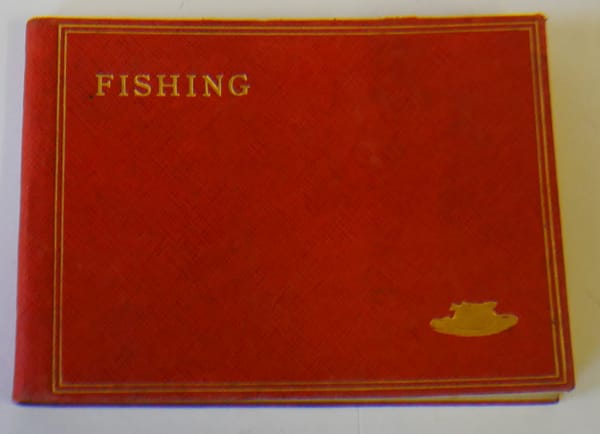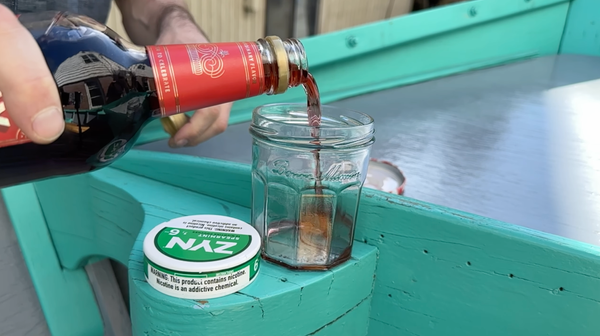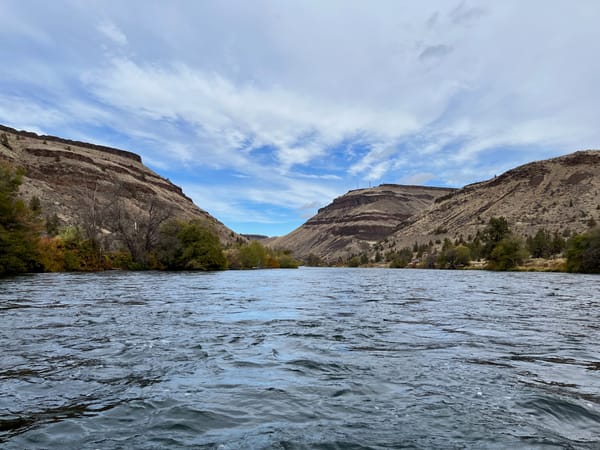Creek Freaks and Trout Whisperers: Advocacy from the Deschutes to the Chattahoochee
100 subscribers, Maupin in May, the DRA's Deschutes fight expands, a new blueprint for anadromous activism, and a club report from ATL.


CFS crew: I've always been uncomfortable with the label "activist". But I'm passionate about people and places, and want to see them thrive. I hope, as you develop your fly-fishing perspective, you can find those personal places that make you give a damn. Let's get into it:
1️⃣ 100! 🎉
First, some big news: We hit our 100th subscriber this week. That might not sound like a big deal, but it means a lot to me, and is an important milestone. Welcome Sean, subscriber 100!
None of this, now and in the future, would be possible without you. Thanks for your support, for taking a class, for subscribing and reading here, for sharing with other interested friend and colleagues, for becoming a CFS Member and for helping contribute to building and sustaining this community. I'm incredibly grateful.
Ghost, the subscription platform I use, sent me a tiny automated congratulations email, and suggested the next big milestone is 250. Woof. No rest for the wicked. Apparently, to get there we need a couple things:
1) word-of-mouth support from subscribers, and
2) "lead magnets"
The first one I know, and know I can rely on you for: if you find these emails valuable, please share them with fishy friends, or future fly-fishing friends.
The second, a lead magnet, is some marketing jargon I'm starting to wrap my head around. As far as I can understand, a lead magnet is some sort of small, durable token that you can use to show people you're legit.
So, tell me. What sort of artifact or little goodie might have convinced you this is a useful place to spend your valuable attention? A primer on casting? A fishing report template? A flow chart for finding the right fly? Let me know! You'll be first to hear about it when it's ready.
2️⃣ Come out to Maupin in May!
Second, thanks for your notes and support around the Maupin Meetup. I'm glad the idea is resonating. If you haven't heard, please save the date: May 29 - June 1. We'll be fishing in and around Maupin.
If you're curious about fishing the Deschutes, or you've fished the area before, and are just interested in meeting up and fishing with fellow PCC class alums and CFS subscribers, it's always a great time during TroutFest weekend. The little town of Maupin shines. We've got a couple more spaces if you're interested in joining the camping group. So get in touch before they're all spoken for.
Focus on the Deschutes
TroutFest, and the cool sessions and entertainment over the weekend, are organized by the Deschutes River Alliance, the major activist group supporting water quality on the lower Deschutes.
The DRA is doing great work to try and reverse decades of bad decisions on the Deschutes. Last month it notched two victories: another inspiring installment of the Trout Whisperers event series, and a cover feature in Portland's alt-weekly Willamette Week going deep on the river's mismanagement.
Let's start with the story, written by WW's Pulitzer-prize winning investigative reporter Nigel Jaquiss. The essence of the feature, and what the DRA has been saying for some years now, is that the powerful groups controlling water policy on the Deschutes—a state regulator, for-profit utility, and tribal government—are complicit in its recent degradation. Further, they're economically incentivized to maintain the status quo, that is, allowing the habitat to degrade further.
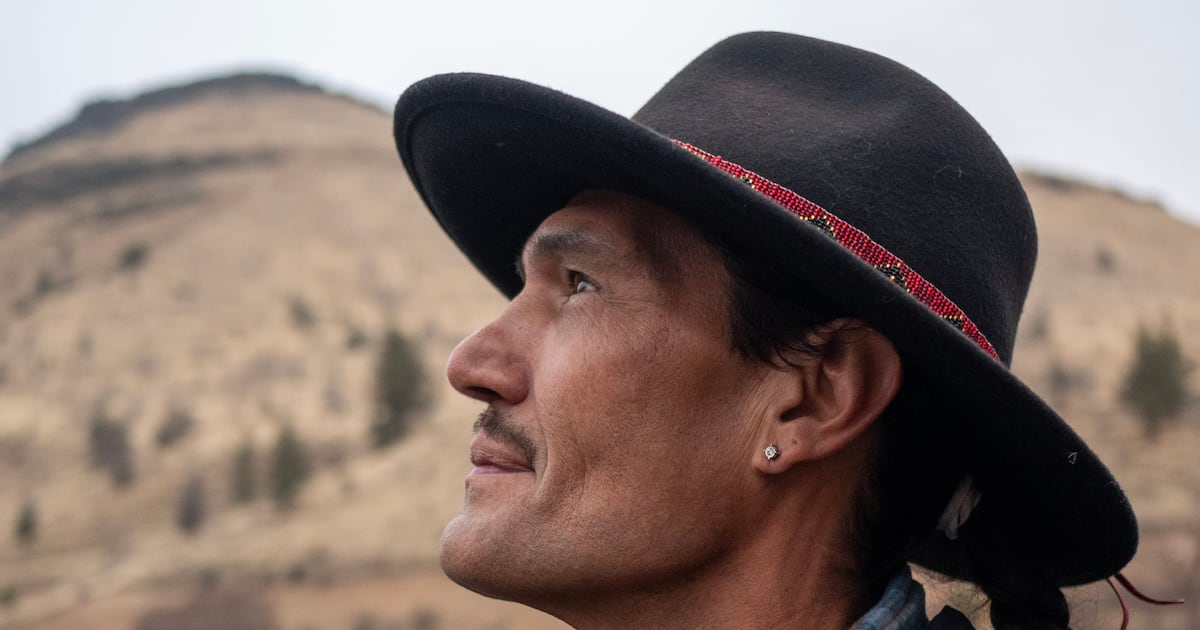
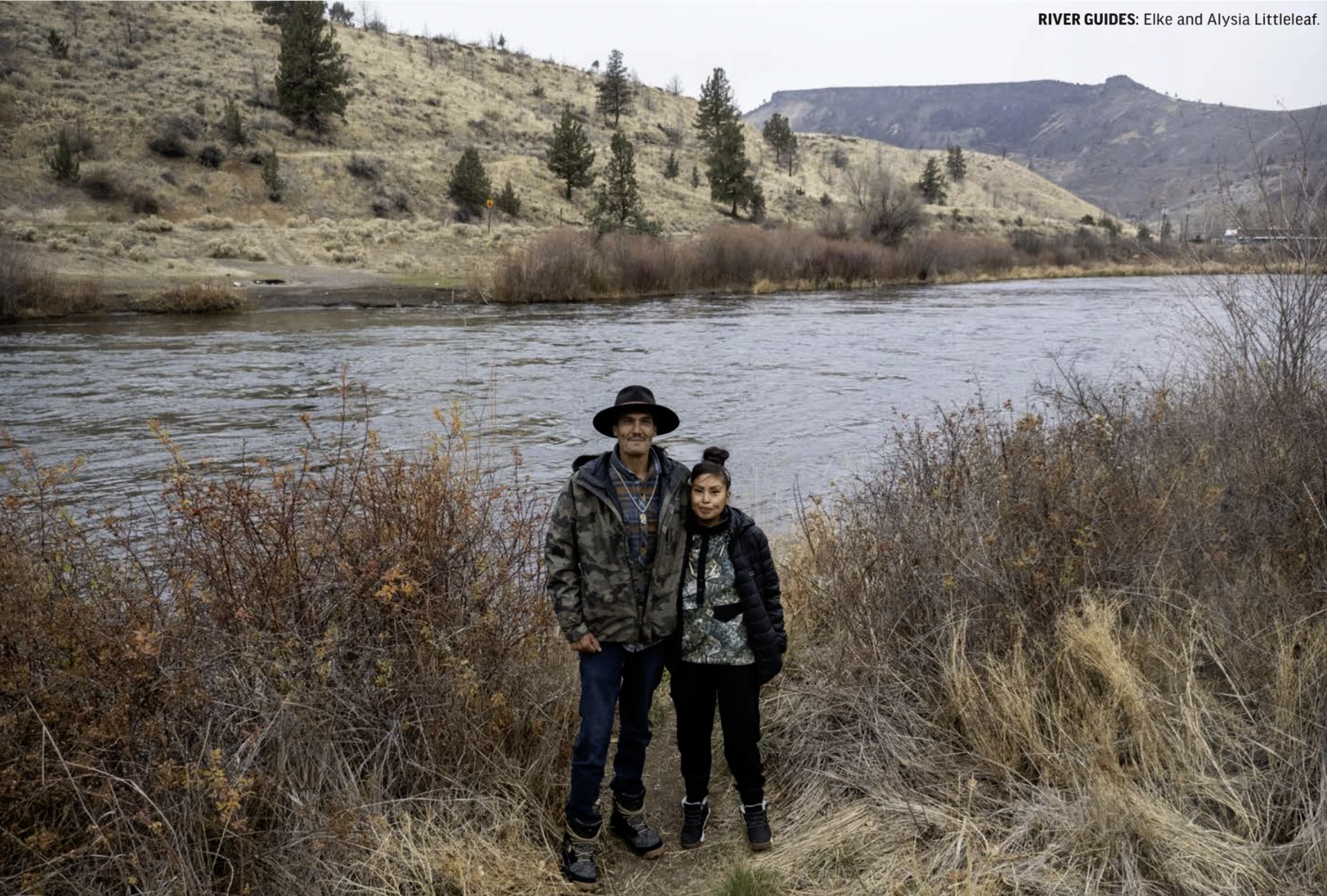
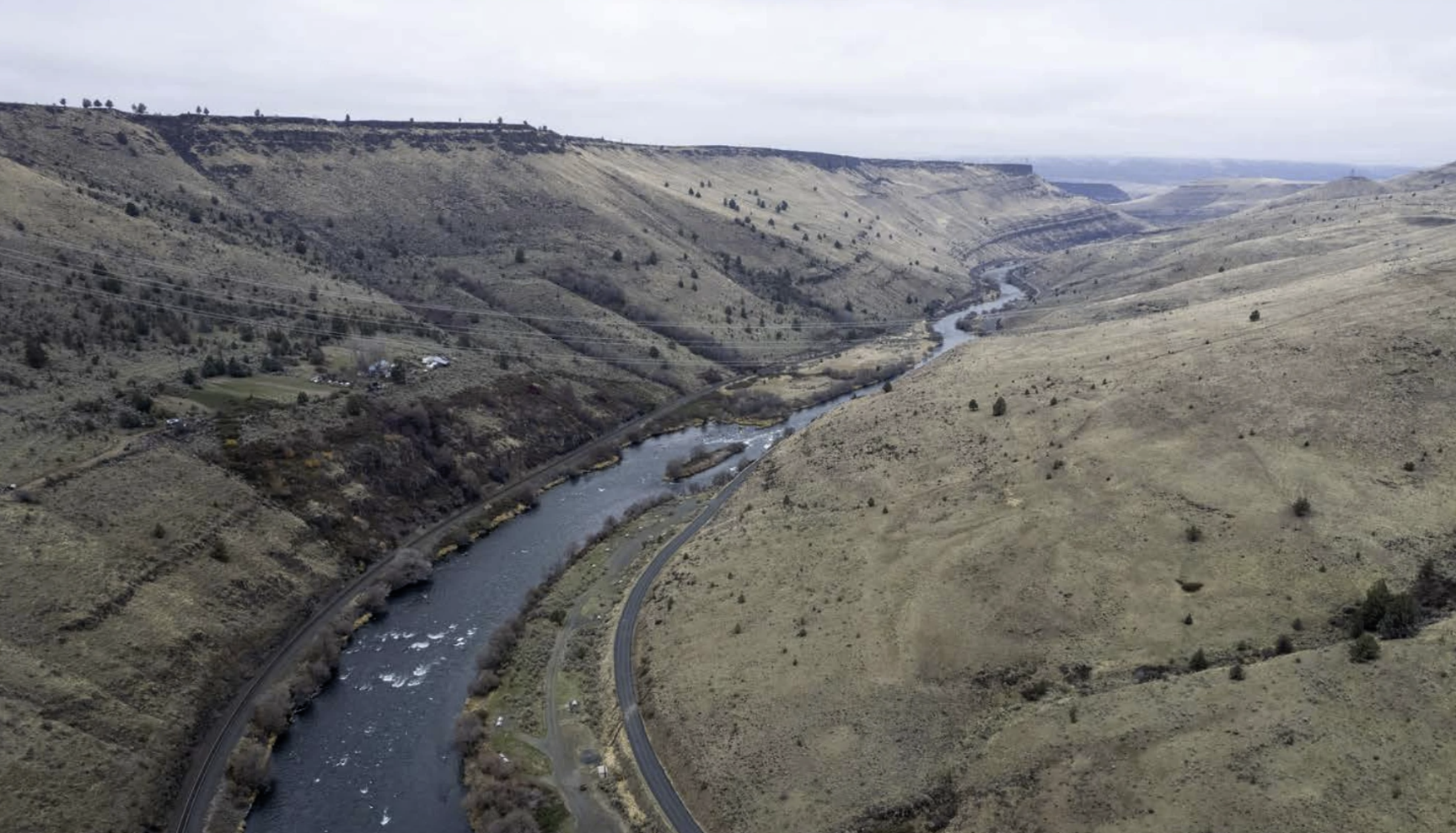
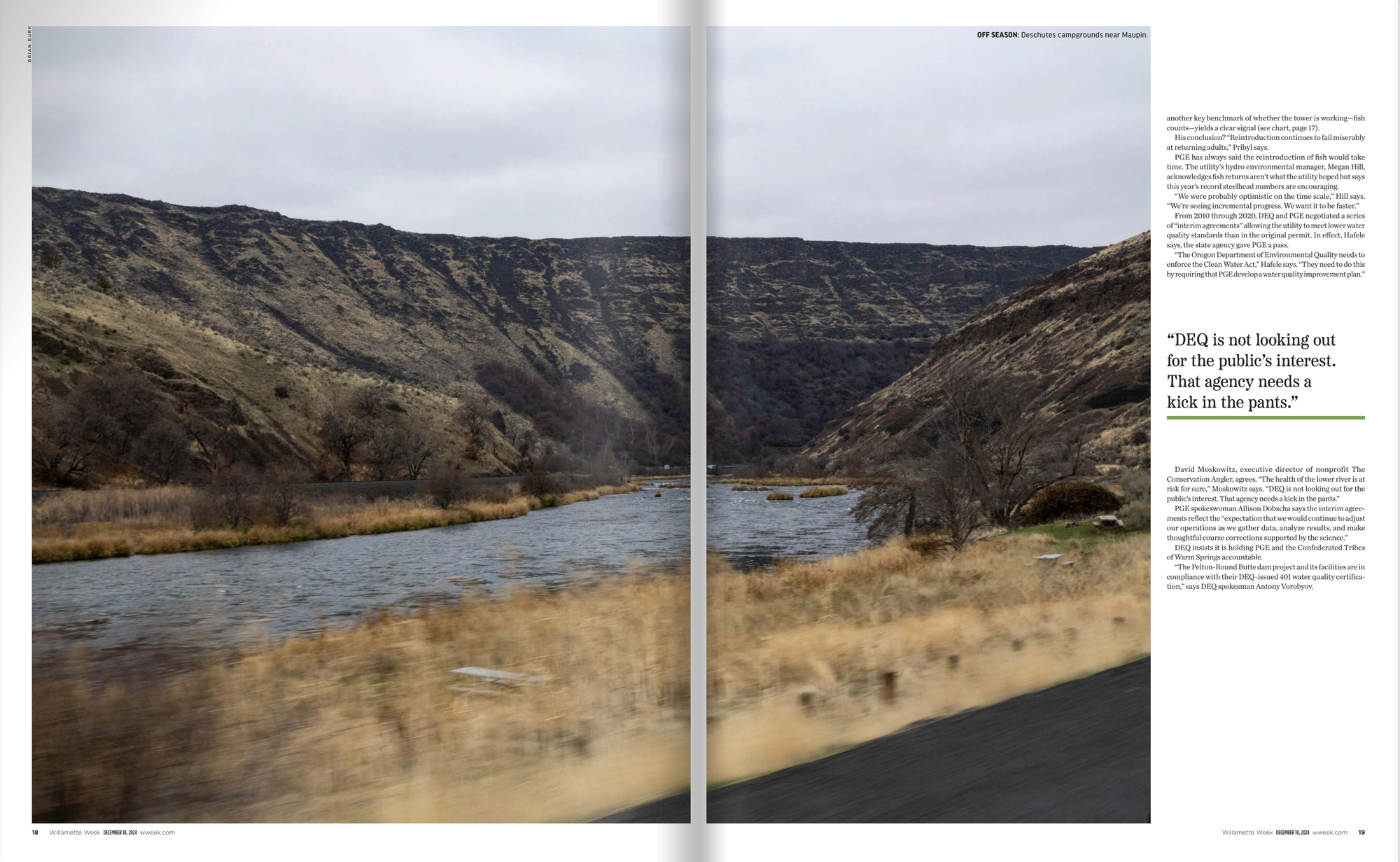
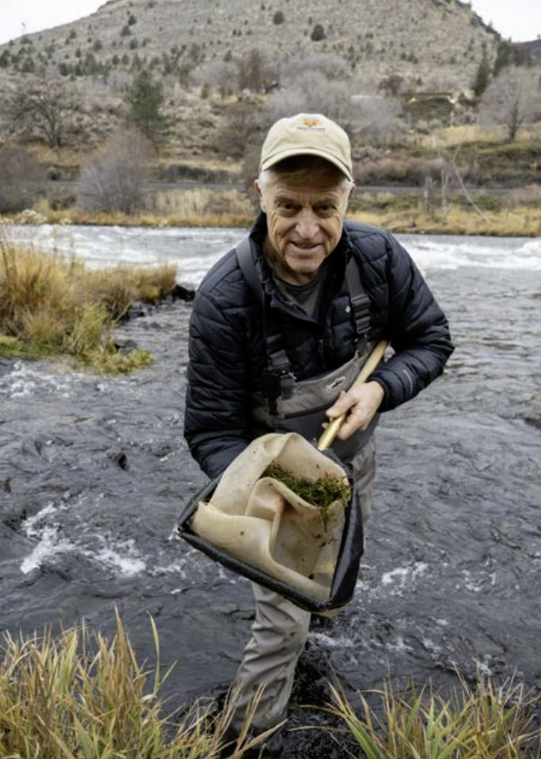
The river as guinea pig
At the heart of the issue are two pie-in-the-sky engineering projects that promised world-leading innovation but have failed to deliver, and the DRA says have led to active harms.
The first is the fish ladder, constructed in the '50s to be the longest in the world. It was engineered to allow migrating salmon and steelhead to pass around the dam, to Lake Simtustus, where they could then keep moving to the Metolius, Crooked, and Upper Deschutes rivers and their tributaries.
Trouble is, the fish ladder never worked. Returning adult fish went up it, but tiny smolts headed to the ocean can't figure out how to get down. So, they're pumped into a truck, and driven down. As asinine as it sounds to pull fish out of a reservoir, put them on a truck and drive them a mile down the road, then let them back out again, that's what happens.
When adult fish return to spawn, with the fish ladder non-operational, it's up to a 2-3 person team (ODFW, Confederated tribes of Warm Springs, sometimes PGE) to manually check the fish trap at Pelton a couple times a week, and again truck some fish above the dam, and bonk the strays from other river systems and give them out to tribal members. Needless to say it's a fraught process that is resulting in declining native salmon and steelhead numbers.
I had a chance to watch a team clean out the fish trap a couple years ago. It was proof that big fish that inhabit the river system, but galling in that they were all bigger than the fish we caught later that day.
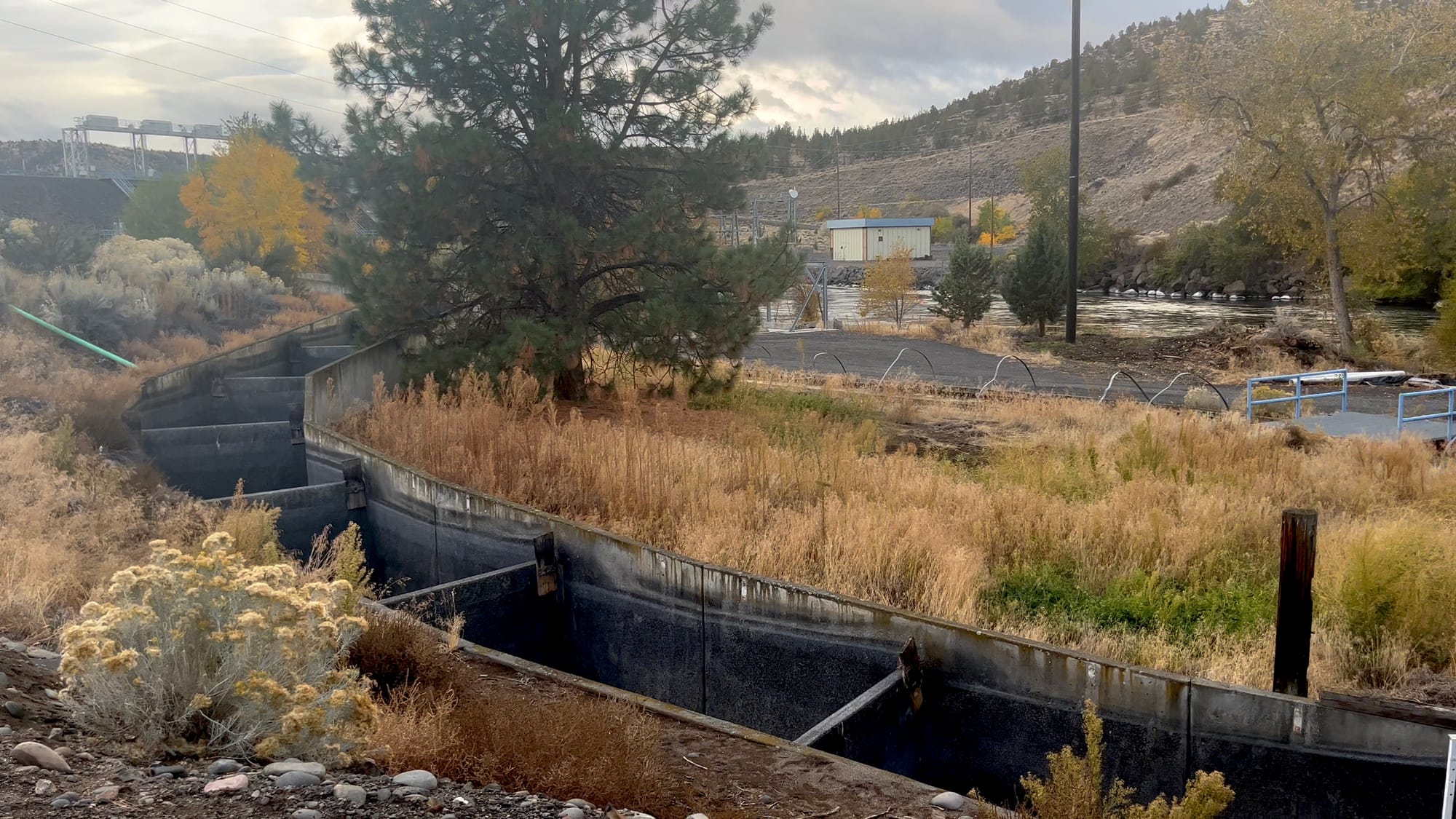
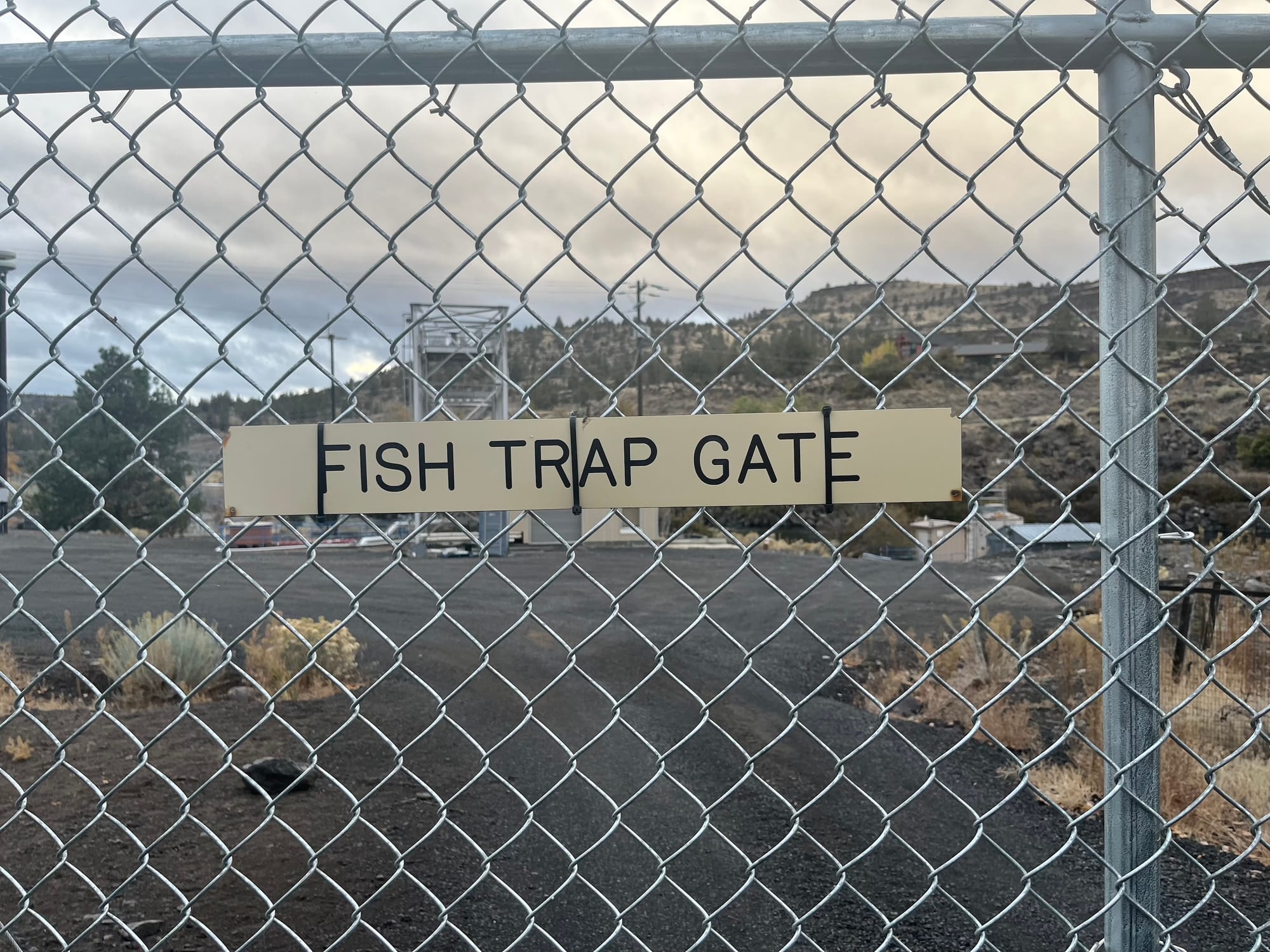
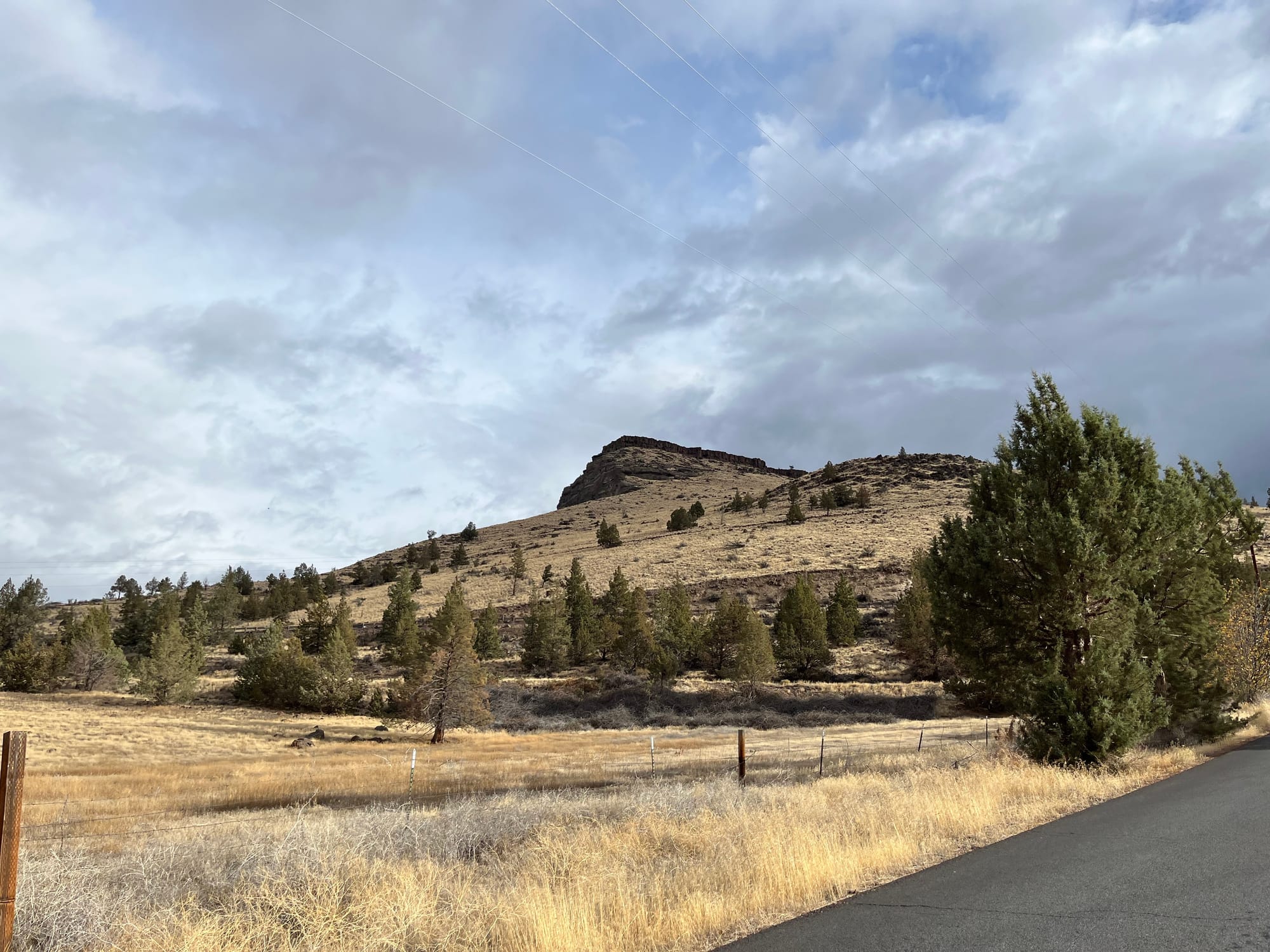
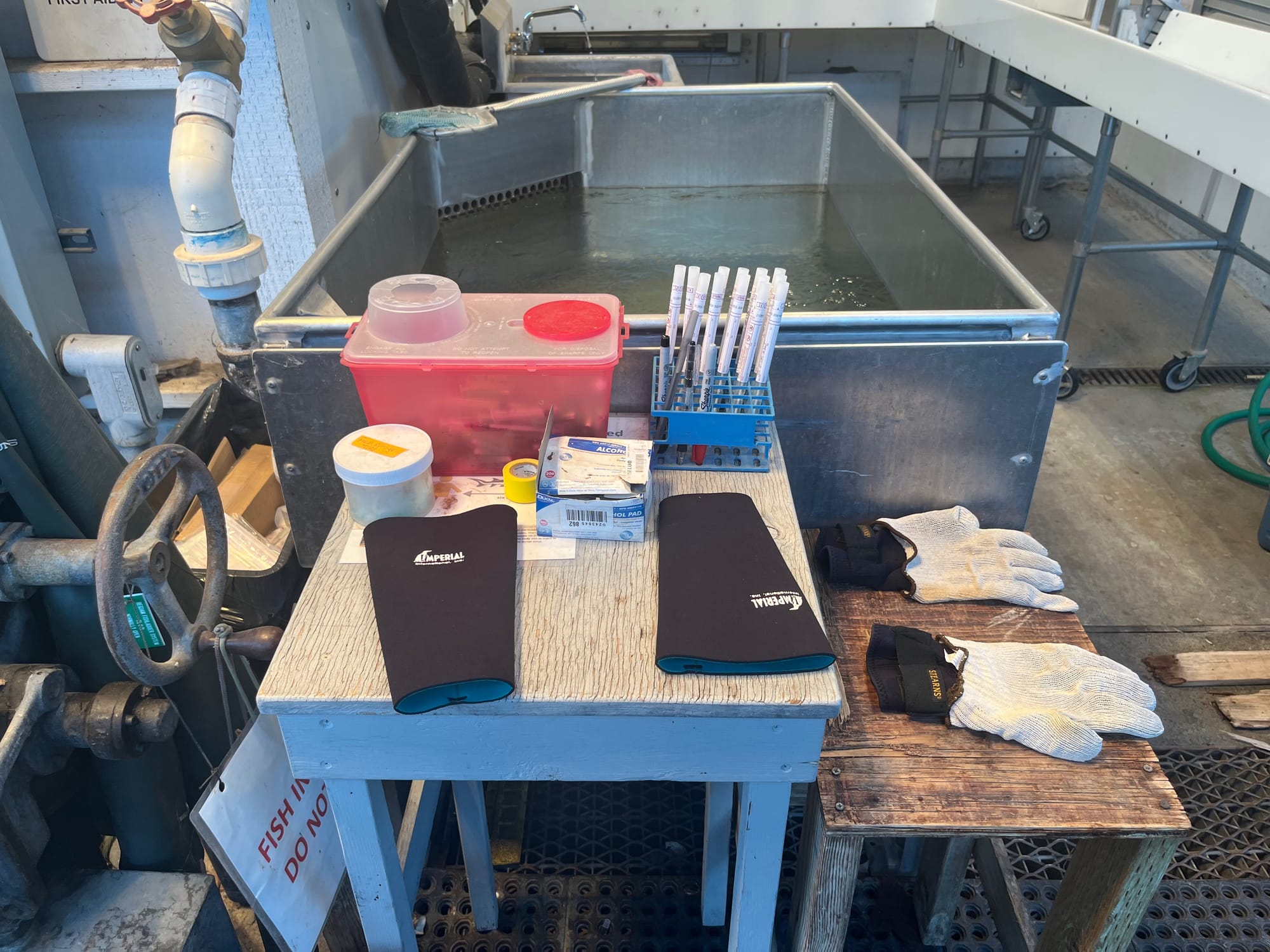
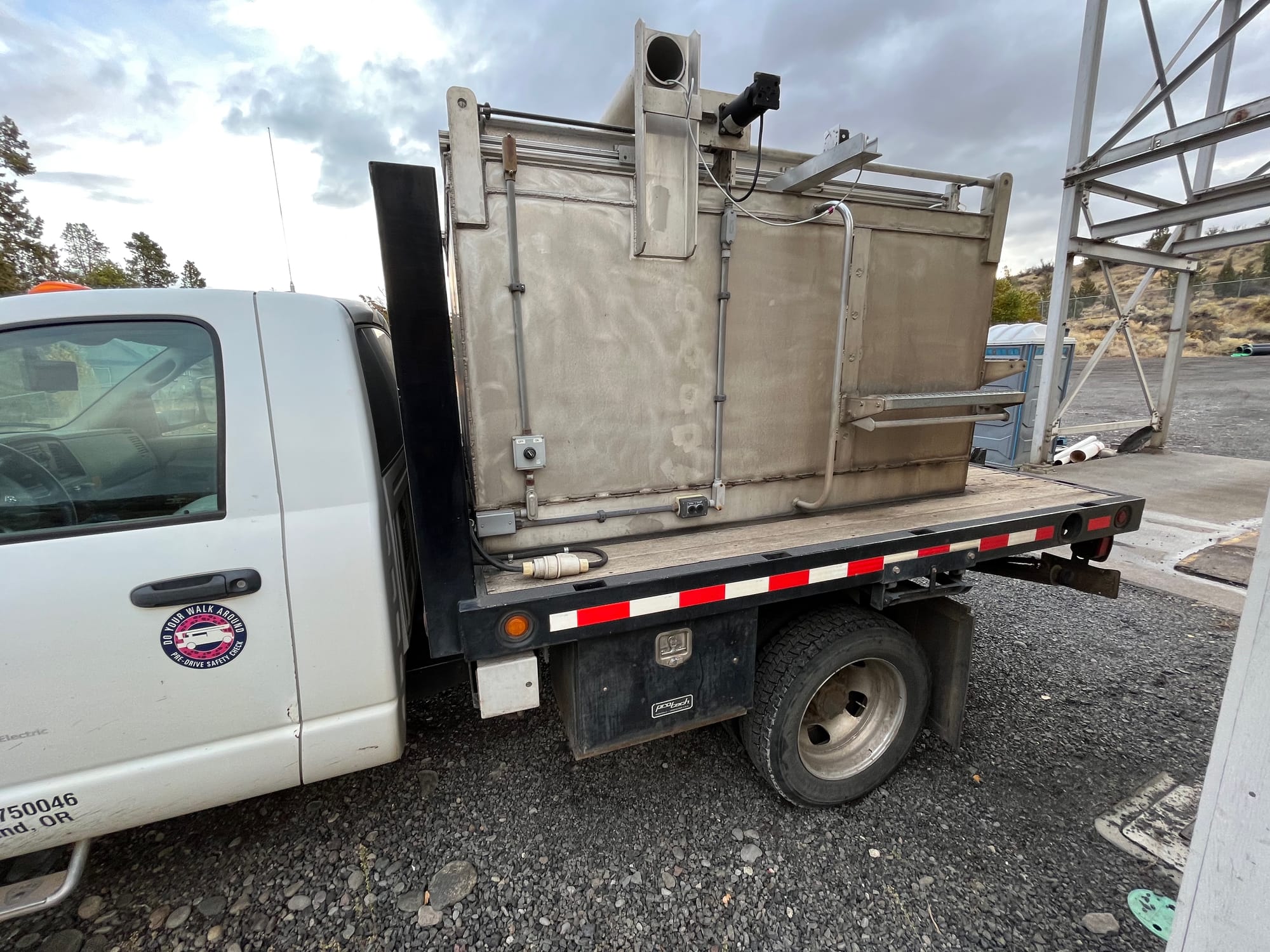
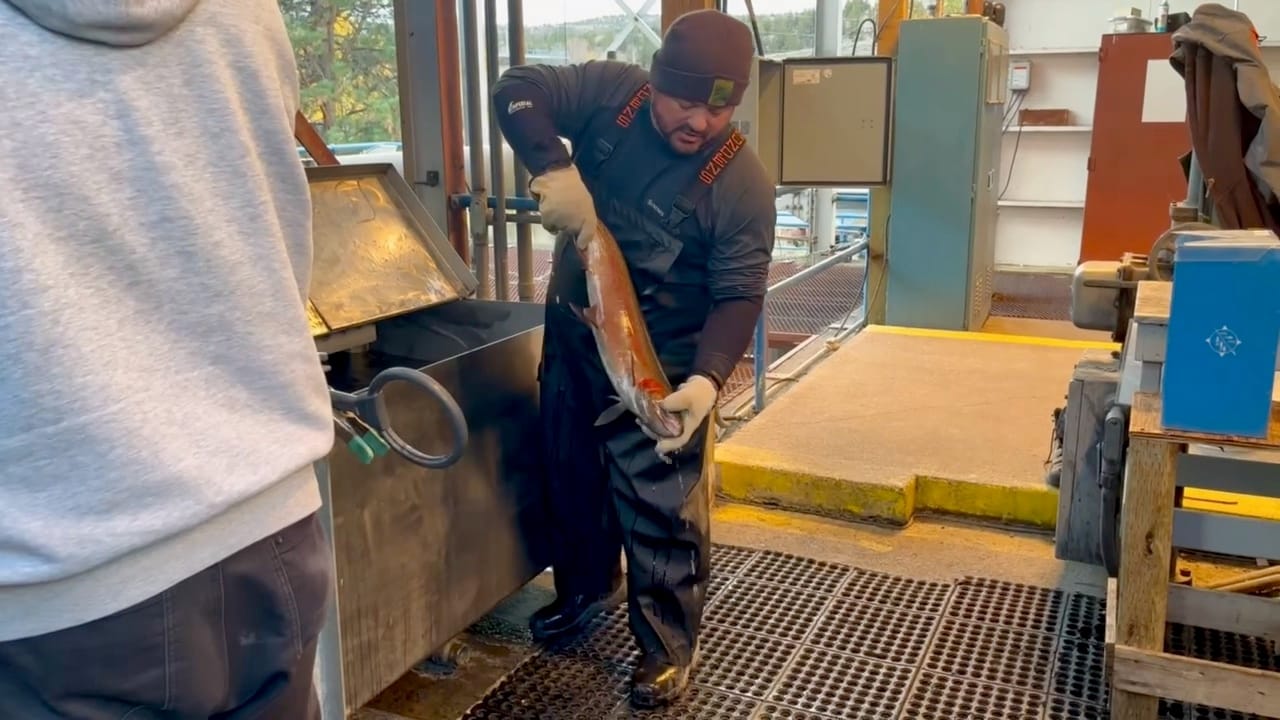
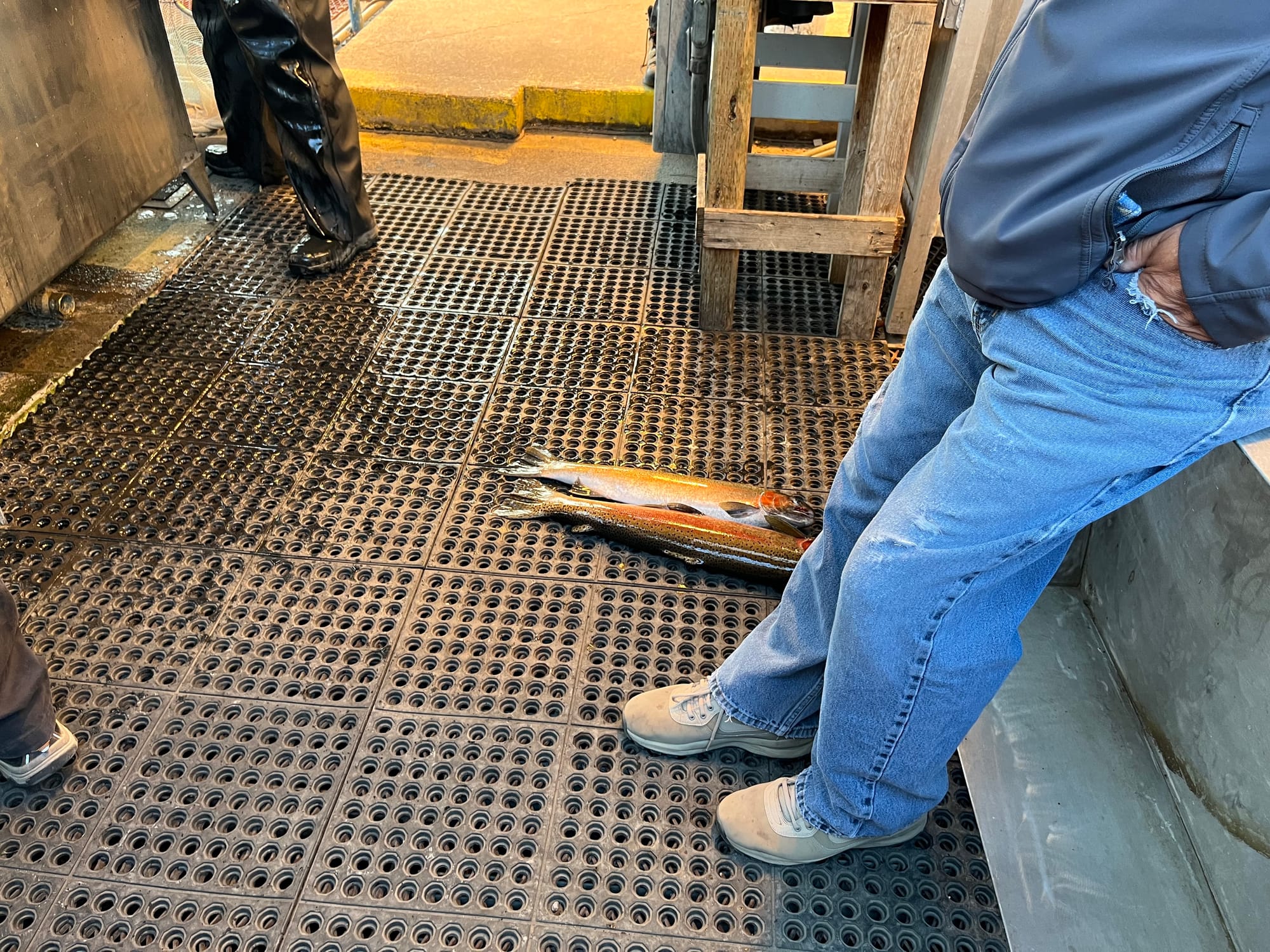
From top left, the defunct fish ladder, the fish trap area, a distant butte. An elevator brings the fish trap up above water level where fish biologists check fin and maxillar clips to identify fish, scan tracking tags, find fish to truck upstream, and bonk the extras for tribal members.
Everything wrong with the fish ladder is even before we come to the piece of infrastructure that's become a monument to the hubris of the troika of Deschutes power brokers, and the subject of the article: the selective cooling tower. The tower is another experimental, never-before-tested piece of infrastructure installed at the Pelton Regulating Dam, a $110m PGE ratepayer-funded boondoggle intended to channel cold water from the bottom of the dam down into the Deschutes. It, too, just doesn't work. Water heading downstream from the cooling tower is still too hot, and is throwing off the ecosystem below the dam.
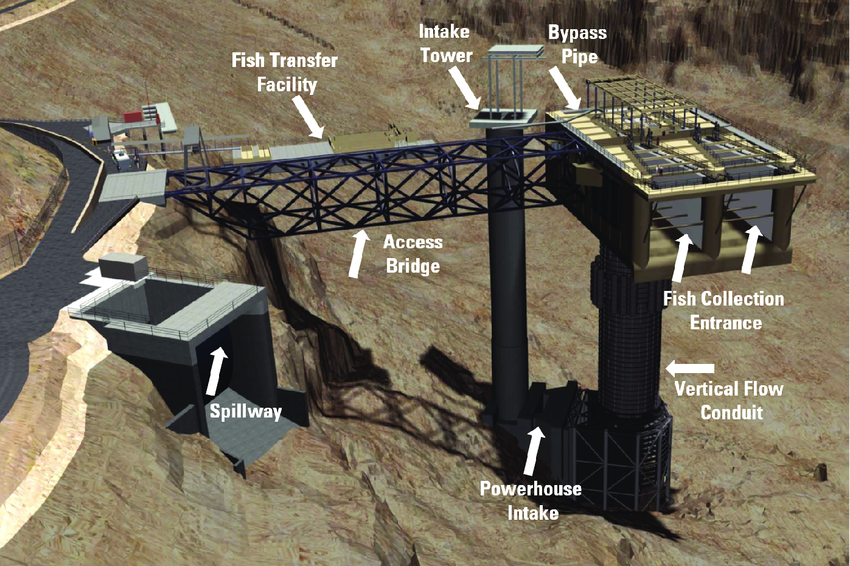
Financially aligned: against ratepayers, the environment
And PGE, tribal governments, and Department of Environmental Quality seem to understand the dam and its failed infrastructure are violating the conditions of its license (namely water temperature and river acidity), but are doing nothing. Because they're partners in the power being produced from the facility, and its multi-million annual revenue, and the financing to pay off the cooling tower.
The DRA has done the science, the monitoring of temperature and pH in the river, the monitoring of growth of harmful algae, and the study of aquatic insects. Anyone who's fished the river for more than a few seasons can clearly see the decline in the fish stock.
The story's been told in other venues before (including by Steven Hawley, author of the excellent Cracked: The Future of Dams in a Hot Chaotic World.) But it's a story anyone who cares about the Deschutes should understand, a simple sort of "follow the money" story. The money is yours, mine, and ours—the shared value of natural resources, and personal material outlays in our monthly power company bill.
What's especially frustrating is there are possible solutions. One of them is the Night Blend, an approach suggested by the DRA and endorsed by PGE itself. It would attempt to pull surface water from the reservoir only at night in the summertime, when it's slightly cooler, and the smolts are ready to head downstream. It's unclear why solutions like this aren't attempted. Perhaps to attempt to put on a stitch would require first admitting the emperor has no clothes.
Close-listening to Trout Whisperers
The other momentum-booster from the DRA brought angling and conservation's wisest leaders closer to its supporters through a series of events called Trout Whisperers.
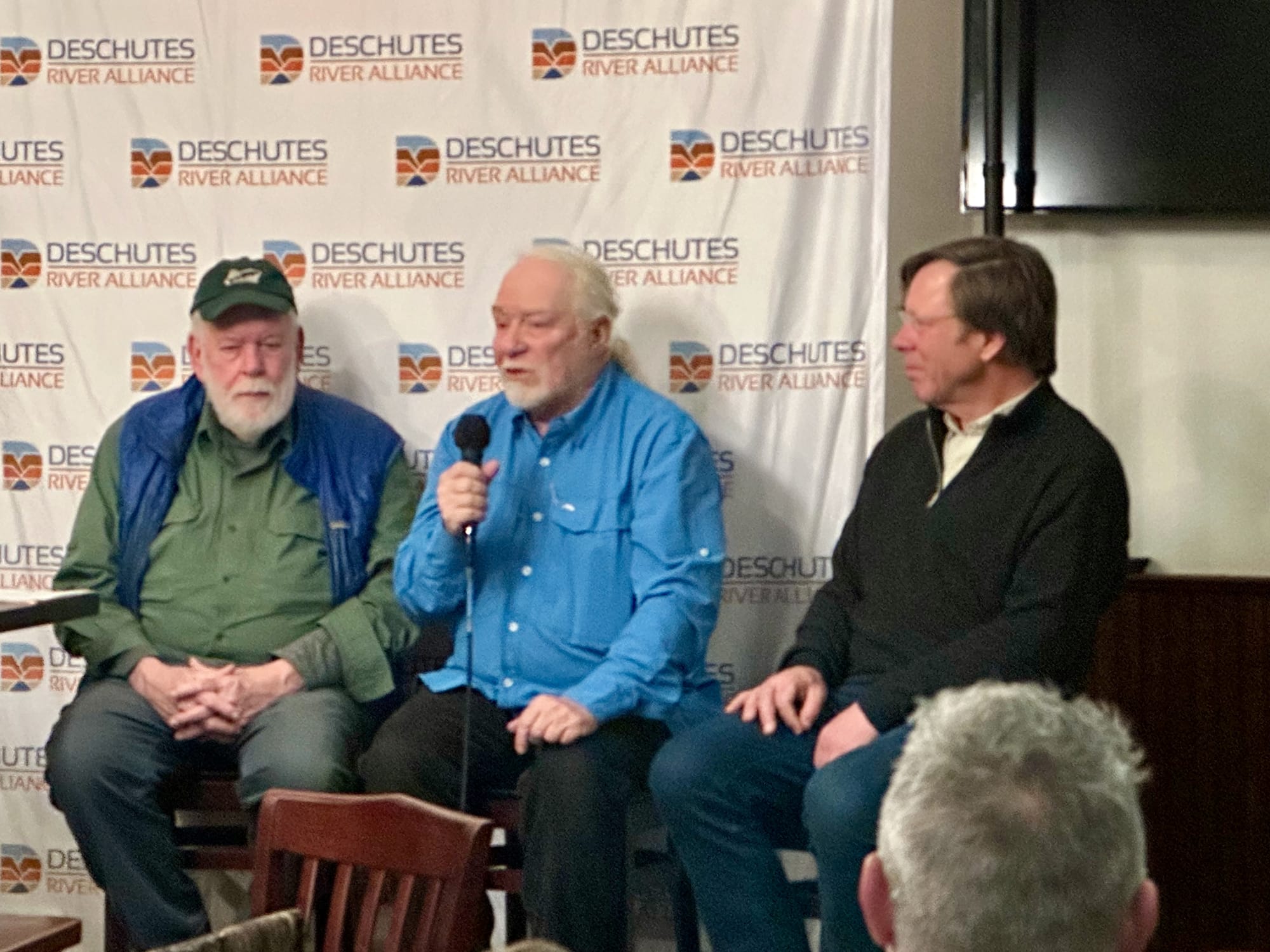
I attended the most recent gathering last month, along with some pals (you were invited too!). A trio of caring folks spoke on a panel: Legendary conservationists Bill Bakke (founder of Oregon Trout) and Guido Rahr (founder of the Wild Salmon Center, profiled in the excellent Strongholds book) as well as rod builder and Deschutes advocate Kerry Burkheimer. The DRA's in-house biologist Rick Hafele moderated. Here's an overview from the DRA's Instagram account:
Outlining the future of angling activism
The main theme the panelists circled around was continuing to build momentum across varied audiences and constituencies, using an array of tactics and forms of education.
One main tactic is getting better at wielding political power. Digging in and connecting directly with politicians, targeting decision-makers on boards and lobbying with them directly. And thinking beyond just fly-fishers, to gear anglers, to tribal members, and a broader coalition of supporters.
Bakke spoke a lot about the regulatory agencies' decision to solve problems by creating more hatchery fish, instead of protecting wild fish, thus growing their own role in the process and cementing the path of spending a bunch of money to raise hatchery fish, themselves inferior to wild fish. He suggested interested folks track down some crucial works, and organize around the ideas they contain to get their citizen activism PhD:
- Salmon Without Rivers by Jim Lichatowich
- Fishy Business by Rik Scarce
- Managed Extinction by Rick Williams and Jim Lichatowich
“We desperately need engagement from the next generation," Rahr said, echoing Bakke's need for the movement to speak to normal people.
Even without the citizen activism PhD, you can start now. Bring someone in. Expand the set of folks who care. "Take a kid fishing," he said, which seems oversimplified, but can be a transformative act.
Club spotlight: Atlanta Fly Fishing Club
Shout out to CFS Member Graydon, down in Atlanta, for sending us a report from the Atlanta Fly Fishing Club. (Here's your reminder to join a fly-fishing club in '25.)
Graydon attended a meeting last week, reports a welcoming and jovial bunch. The meeting featured a presentation from a Michigan-based guide who specializes in migratory fish who spend time in the Great Lakes (let's not call them steelhead), and members had a portion of the meeting to tell their fish stories.
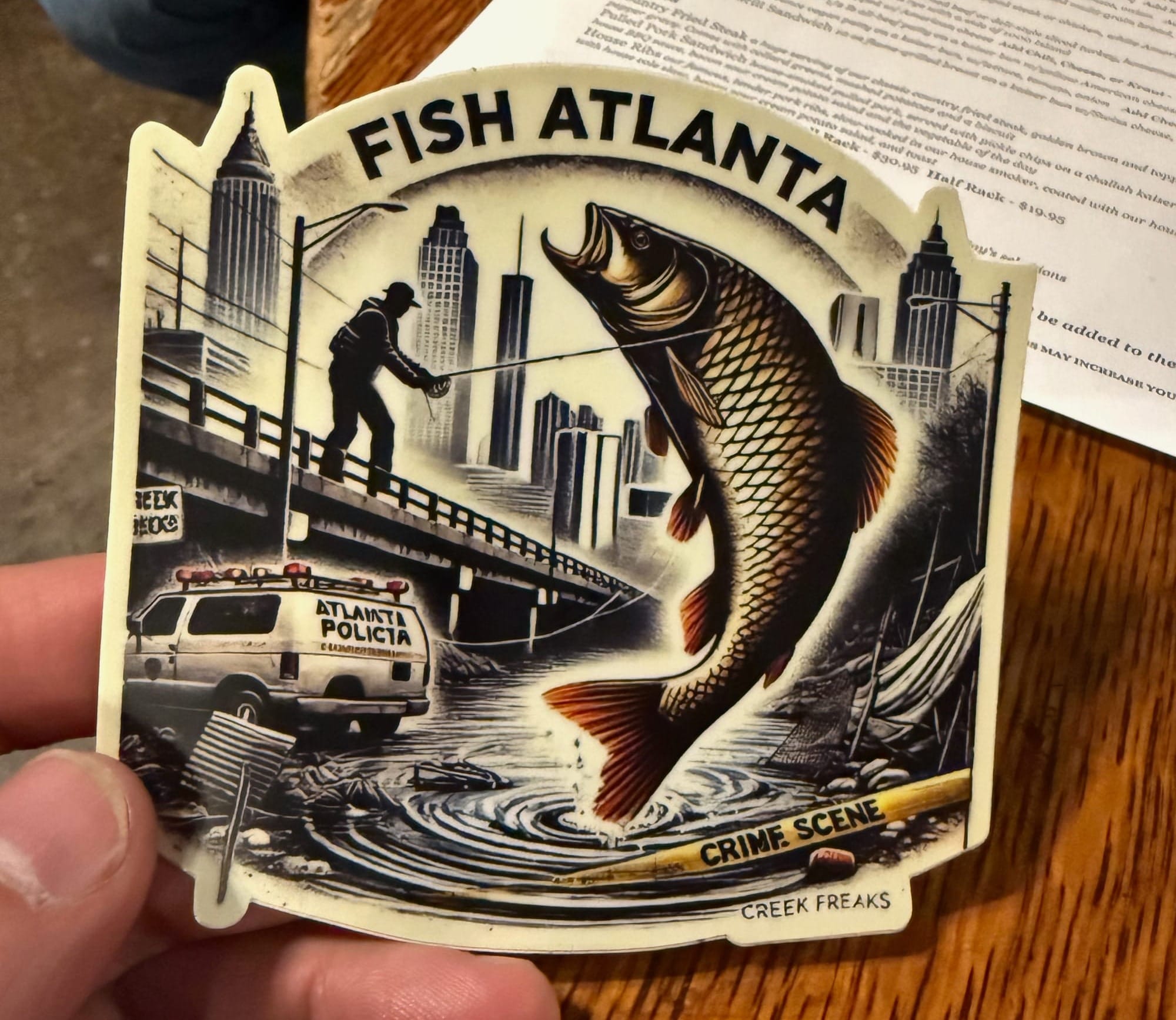
They also gave some special decal-based (DeKalb-based?) recognition to Graydon and other folks who fish inside the city (apparently the Chattahoochee holds trout inside Atlanta city limits), via a sub-group dubbed the "creek freaks" that scouts tiny streams in the area. Fun!
Anyway, if you're in metro Atlanta, check out what the Atlanta Fly Fishing Club has to offer, they seem to be pretty buttoned-up. Want to shout-out your local club? Get in touch!

Current Flow State is a weekly newsletter from me, Nick Parish.
If you enjoyed this, please forward it to a friend.
Read our editorial policy or browse the newsletter archives.
Members support and sustain the site, our community. Learn more about membership benefits. If you're getting value from this material, consider becoming a member and giving back.
